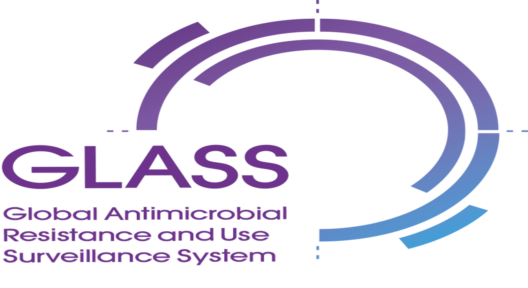WHOCC-AMR
Overall coordination of WHO AMR Surveillance and Quality Assessment Collaborating Centres Network: Strengthening the global partnership on AMR

Context
Antimicrobial resistance (AMR) is among the leading causes of death worldwide, with approximately 4.95 million deaths associated with bacterial AMR in 2019. AMR knows no borders and is internationally recognised as a threat to global health, making it a high public health priority. All countries must collaborate globally to prevent and respond to AMR appropriately. To this end, the WHO AMR Surveillance and Quality Assessment Collaborating Centres Network (WHOCC-AMR) was established in 2016 to promote collective action, aimed at addressing important gaps in AMR surveillance and quality assessment, and to effectively inform public health policy and implementation. This requires increased international collaboration and better coordination across network members and other stakeholders involved in AMR surveillance. Since 2019, the network has been coordinated by the RKI, which was re-designated a specialised WHO Collaborating Centre for AMR, antimicrobial consumption and health care-associated infections (HAIs). Through the project, the RKI continues to fulfil its leadership role and help achieve the network’s goal, which is to support low- and middle-income countries in building capacities for the development and implementation of AMR surveillance. It works closely with professionals within and outside the network to promote the prevention and control of AMR and HAIs in the project countries.
Objective
Strengthening the RKI in its role as a specialised WHO Collaborating Centre for AMR, especially in its work to coordinate and improve global AMR surveillance by supporting low- and middle-income countries in this field.
In cooperation with
- World Health Organization (WHO), SPC Department, AMR Division, WHO HQ
- WHO, IPC Global Unit, SDS/HIS, WHO HQ
- National Reference Centre for Staphylococci and Enterococci at RKI, Germany
- WHO AMR Surveillance and Quality Assessment Collaborating Centre Network (WHOCC-AMR)
- Centre for International Health Protection (ZIG) at RKI, Germany
- Global Leaders Group on AMR (GLG) at RKI, Germany
- WHO Global Infection Prevention and Control Network (GIPC) Global Hub
Thematic priorities
Facts
Activities
-
Training and competence development
Conducting training and country missions to provide technical expertise; developing a toolkit on AMR to improve country missions.
-
Networking and cooperation
Coordinating the global AMR surveillance network through strategic planning and network meetings and general management and communication tasks; monitoring and conceptual development of the technical activities of the Collaborating Centre (setting of standards to improve impact).
-
Kapazitätsentwicklung
Global Antimicrobial Resistance and Use Surveillance System (GLASS): Supporting the implementation of the Global Antimicrobial Resistance and Use Surveillance System (GLASS) by developing guidelines on diagnostics, surveillance and the use of antibiotics.
Global Leaders Group (GLG) on AMR: Strengthening the GLG on AMR (consisting of heads of state and ministers).